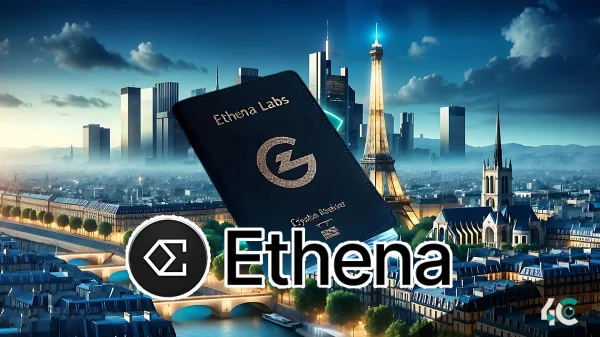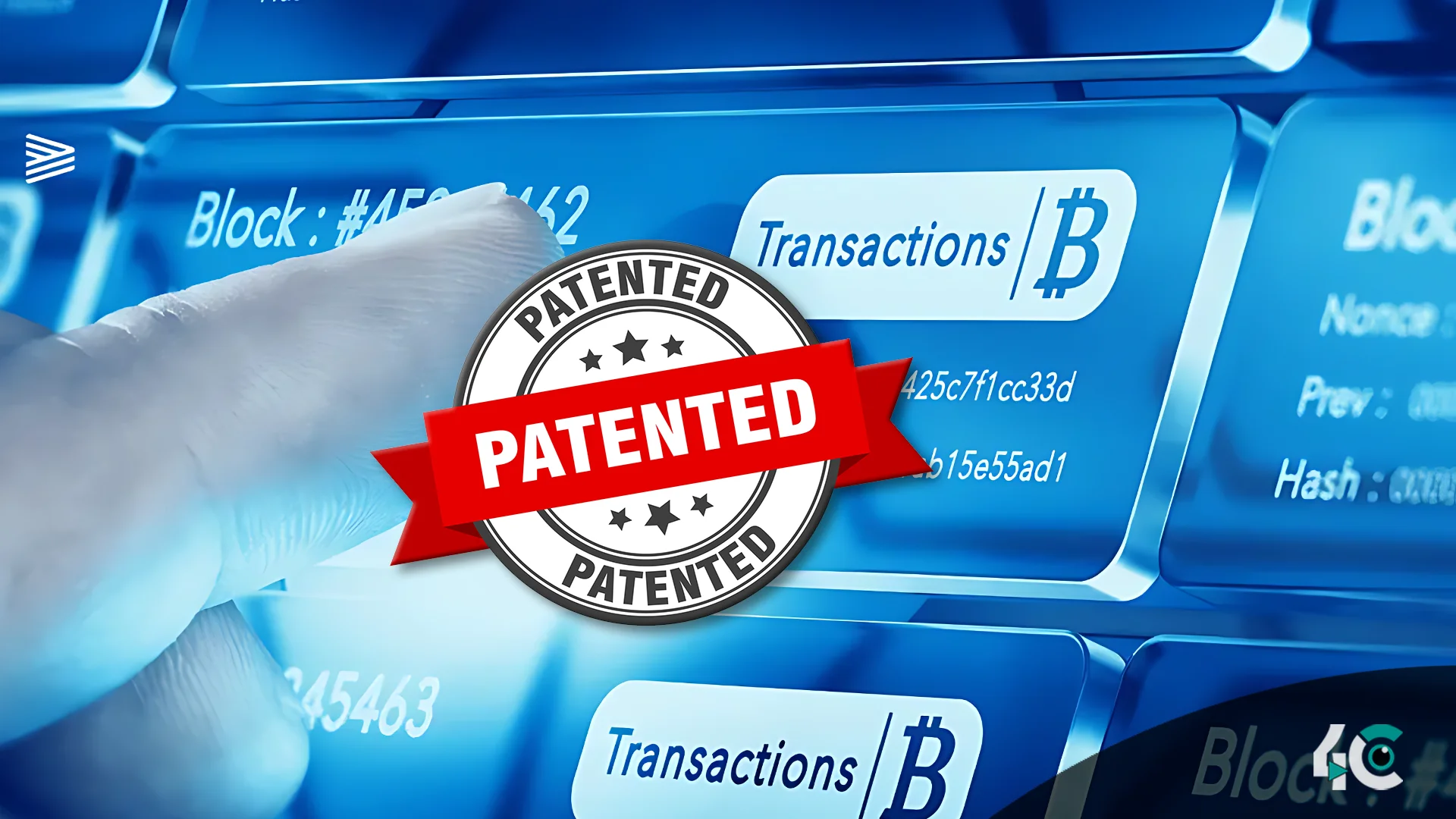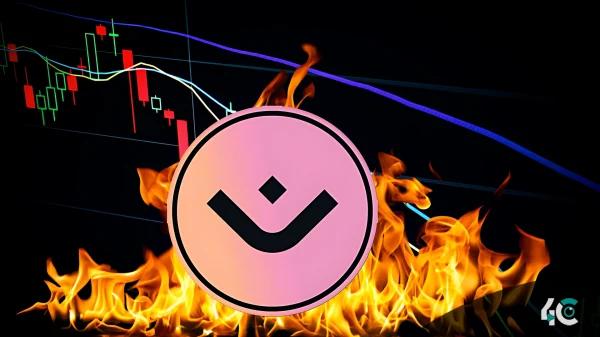HUMBL is not the first company to get a blockchain-related patent, but the long approval procedure emphasizes the regulatory obstacles tiny firms sometimes encounter in the blockchain and cryptocurrency domains. The long drawn-out schedule reminds us of the difficulties in intellectual property law in fast-evolving sectors.
Acting as a link, the patented technology makes smooth transfers between conventional fiat money and digital currencies possible. The concept eliminates the need for intermediaries by enabling direct interaction between two digital wallets, thereby providing a faster and more transparent method for money transfers. This creative solution may completely redefine how consumers convert and move money across borders, thereby lowering the friction in the currency market.
The path to patent acceptance stretched more than four years, far more than the USPTO’s normal processing period—about 26 months. Despite the simplicity of the technology, HUMBL’s prolonged delay raises concerns about the regulatory environment for blockchain firms. HUMBL became the official digital asset service provider for Santa Cruz, California, in 2023, thereby actively enhancing its market position at this time. This cooperation improved not just its profile but also proved its capacity to build important government ties.
Brian Foote, HUMBL’s CEO, expressed satisfaction at the patent’s acceptance but also voiced worries about the effects of the drawn-out process for small companies. He pointed out that the time needed to negotiate regulatory requirements and the cost of legal expenses might hinder creativity, thereby making it difficult for new businesses to exist during the waiting period.
With a patent in hand, HUMBL stands poised to expand its blockchain payment system, potentially transforming global financial transactions. HUMBL’s approach could significantly contribute to enhancing financial transparency and simplifying currency transfers, particularly as various sectors continue to explore the potential of blockchain technology.
Looking ahead, the patent grant emphasizes the need for flexible legal systems to enable blockchain industry innovation. As HUMBL and similar businesses progress in digital finance, the evolving regulatory framework must address the unique challenges posed by this rapidly evolving technology.













































